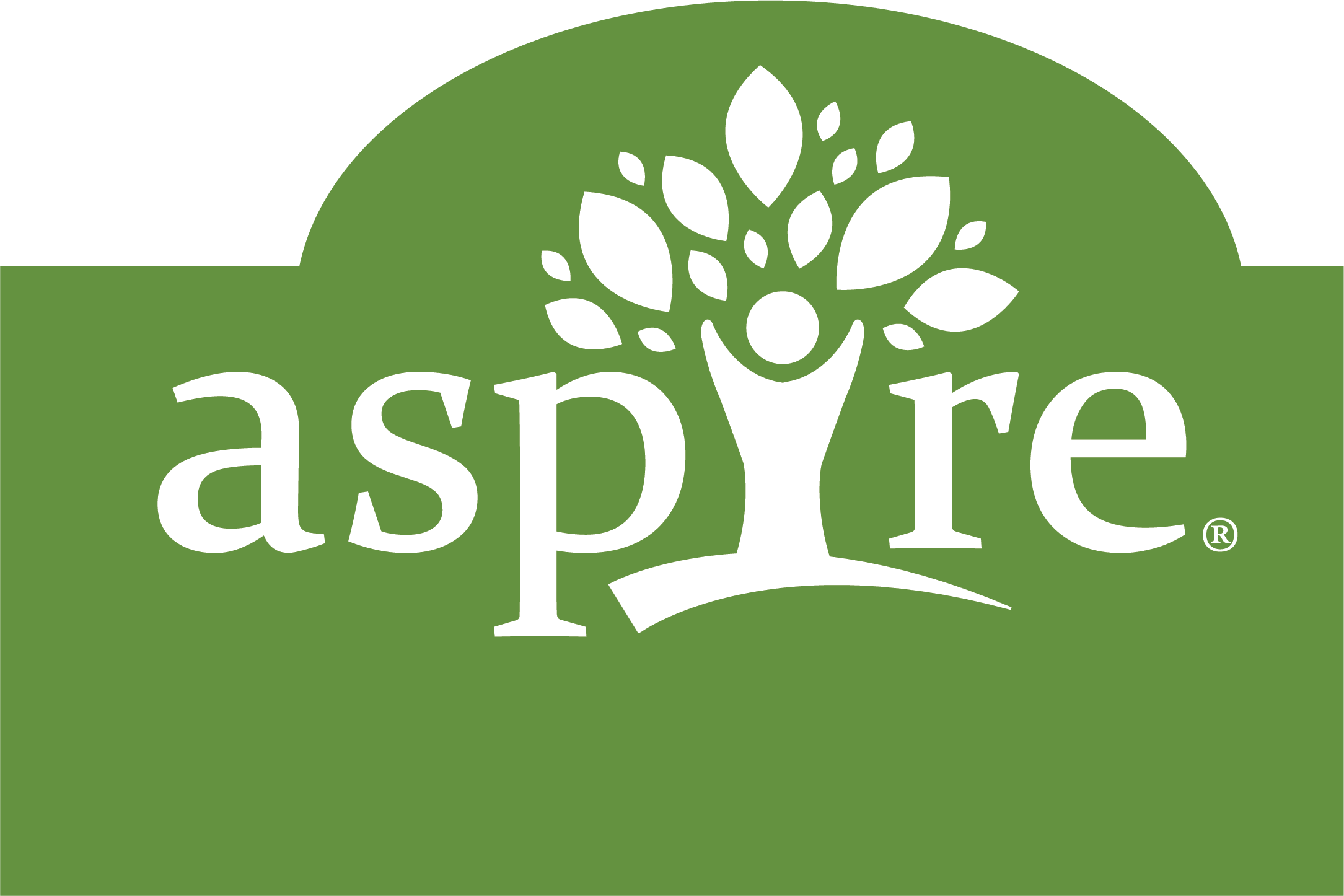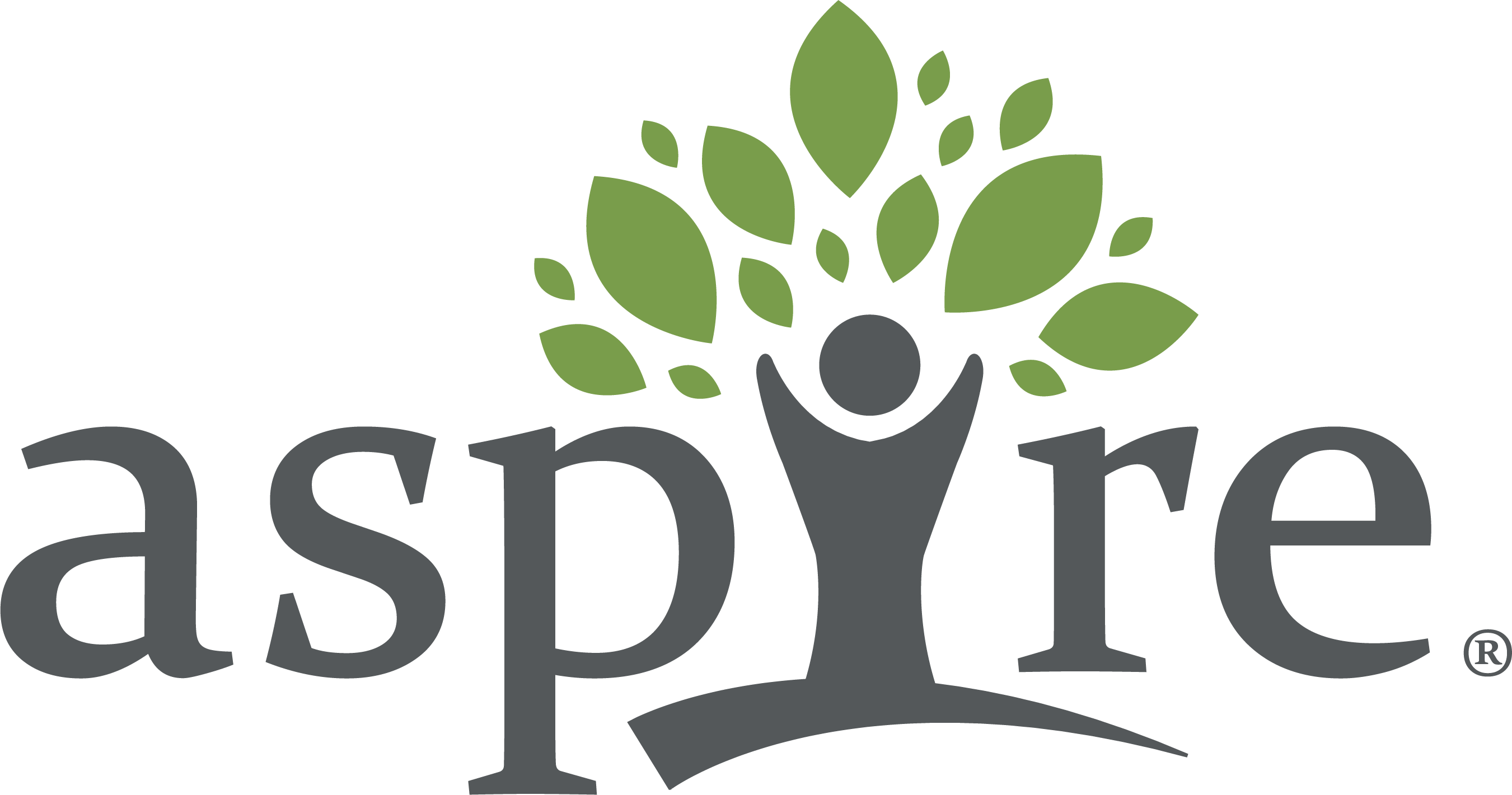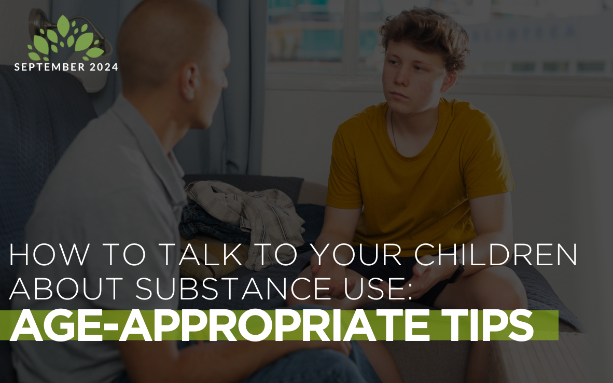Talking to your children about substance use is one of the most critical steps you can take as a parent to ensure their health, safety, and well-being. In a world where they are increasingly exposed to drugs and alcohol through peers, media, and social environments, early and open conversations can make all the difference. As a parent, you play a pivotal role in shaping your children’s views and attitudes toward substance use. By starting these conversations early and tailoring your approach to your child’s developmental stage, you can help them make informed, responsible choices that will serve them well throughout their lives.
Why It’s Important to Start Early
Children are naturally curious, and as they grow, they begin to notice and question the world around them, including the behaviors and habits of adults. By starting conversations about substance use early, you create a foundation of trust and open communication that encourages your children to come to you with their questions and concerns. Early discussions help demystify the topic of drugs and alcohol, reducing the risk that your child will seek out information from unreliable sources or fall prey to peer pressure.
Ages 3-5: Simple Concepts of Health and Safety
For young children, the concept of substance use may be too complex to grasp. Instead, focus on teaching them about health and safety in a way they can understand. Discuss the importance of taking care of their bodies and avoiding things that can harm them. Use examples they can relate to, such as explaining that medicine is only safe when given by an adult and that not everything that looks like candy is safe to eat. Keep the conversation light but clear, ensuring that they understand the basics of what is safe and what is not.
Ages 6-10: Introducing the Basics of Drugs and Alcohol
As children enter school, they may begin to hear about drugs and alcohol from friends, media, or even at school. This is the ideal time to introduce the basics of what these substances are and why they can be harmful. Explain that drugs and alcohol can affect how their bodies and brains work and that they should avoid anything that can cause harm. Begin to touch on the concept of peer pressure, helping them understand that it’s okay to say no and that they can always come to you with questions or concerns.
Ages 11-13: Discussing Risks and Effects on Health and Relationships
Preteens and early teens are more likely to encounter situations where drugs or alcohol are present, so it’s important to have more in-depth conversations about the risks. Talk openly about how substance use can impact their health, their ability to think clearly, and their relationships with others. Discuss the real-life consequences of substance use, such as problems at school or with the law, and emphasize that these choices can have long-term effects on their lives. Encourage them to ask questions and express their thoughts, reinforcing that you are there to support them.
Ages 14-18: Honest Talks About Real-Life Consequences
By the time your child reaches their mid-teens, they are likely to be more aware of the broader social issues surrounding substance use. This is the time for honest, straightforward conversations about the real-life consequences of substance use, including legal issues, addiction, and long-term health problems. Discuss the importance of making choices that align with their goals and values, and encourage them to think critically about the messages they receive from peers, media, and society. Share any personal experiences or stories from people they know, as these can make the conversation more relatable and impactful.
Effective Communication Strategies
Regardless of your child’s age, there are several key strategies for effectively communicating about substance use:
- Be Honest and Use Age-Appropriate Information: Tailor your message to your child’s developmental stage, providing clear and accurate information without overwhelming them.
- Listen Actively: Make sure to listen to your child’s thoughts, questions, and concerns without judgment. This helps build trust and opens the door for ongoing conversations.
- Use Everyday Situations as Teachable Moments: Take advantage of opportunities in daily life to bring up the topic of substance use, whether it’s a news story, a scene in a movie, or an advertisement.
- Set Clear Expectations: Let your child know what you expect in terms of their behavior regarding substance use. Establishing these boundaries early on helps them understand the importance of making safe choices.
- Model Healthy Behavior: Your actions speak louder than words. By modeling healthy behavior and making responsible choices, you set a powerful example for your child to follow.
Regular, open conversations about substance use, tailored to your child’s age and developmental stage, are essential for helping them navigate the challenges of growing up. By starting these discussions early and maintaining an open line of communication, you equip your child with the knowledge and confidence they need to make safe, informed decisions throughout their lives. Remember, you are your child’s first and most important teacher when it comes to understanding the risks of substance use. At Aspire Counseling Services, we’re here to support you. Our resources and programs are designed to help families address substance use and encourage healthy communication. If you need guidance, reach out—we’re here to help you build a strong, substance-free future for your child.

Planting Seeds, Saving Lives
Copyright © 2026 Aspire Counseling Services® | Privacy Practices | Terms and Conditions | Powered & Designed by Citryn, LLC

MENU
LOCATIONS

